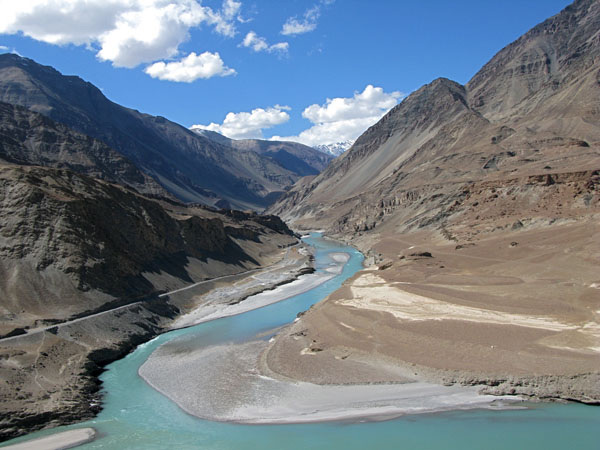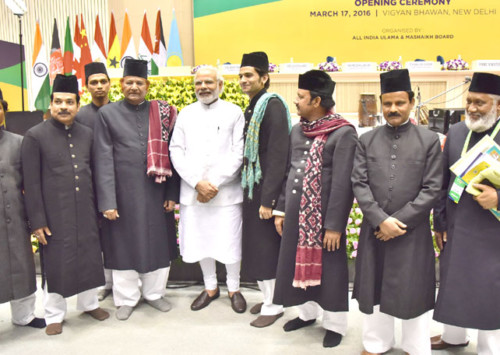India reconsiders its stance over Indus Waters Treaty
Biz@India

India does not have any water sharing agreement with China and if the country changes the flow of the rivers, India can lose a major portion of the river water
After 18 Indian army men lost their lives in the terrorist attack in Uri, the northern state of Jammu and Kashmir, on September 18, 2016, the Indian Prime Minister Narendra Modi plans to take concrete actions against Pakistan through the re-evaluation of Indus Waters Treaty between the countries.
Disagreements between India and Pakistan have gained momentum after a terrorist attack in the state of Jammu and Kashmir on September 18, 2016. 18 Indian soldiers were killed in the attack and India has alleged Pakistani militants for the loss.
As a counter attack, during his speech in Kozhikode on September 24, Indian Prime Minister Narendra Modi hinted that the country might reweigh the Indus Waters Treaty between India and Pakistan. A briefing session for the same is being held today on the provisions of the treaty by senior officials from various ministries including the ministries of external affairs and water resources.
The Indus Waters Treaty was signed by India’s first Prime Minister Jawaharlal Nehru with the then President of Pakistan, Ayub Khan, in 1960. According to the pact, water from rivers including Beas, Ravi, Sutlej, Indus, Chenab and Jhelum, is to be shared and distributed fairly between India and Pakistan.
Though the treaty has survived India-Pakistan wars of 1965, 1971 and 1999, this time India is evaluating its pros and cons, indicating that the government may look at options to claim water resources without breaking the alliance.
Nirmal Singh, Deputy Chief Minister, Jammu and Kashmir, said that the state will fully support the decisions made by the Union government. “The treaty has caused huge loss to Jammu and Kashmir as the people of the state cannot fully utilise the waters of various rivers, particularly Chenab in Jammu for agricultural and other activities,” he said.
Easier said than done
Though many Indians and the government want the treaty to be reconsidered, it is easier said than done.
Major Pakistani areas receive water from the Indus basin but India cannot completely stop the water supply to Pakistan as it would also cause floods in the border states of Jammu and Kashmir and Punjab.
Also, India does not have sufficient storage facilities to support the idea of creating a drought in Pakistan.
Along with this, if India withdraws from the agreement, it will result in violation of a legal contract, which can invite international criticism, especially from Nepal and Bangladesh, with whom the country have a similar pact.
The great wall: China
Pakistan and China have maintained a close and supportive relationship and have regularly exchanged visits for a variety of agreements, which can be a cause of concern for India.
River Brahmaputra originates as Yarlung Zangbo River in China and then flows into the Bay of Bengal that is a major water source for millions of people in India. Hence, India is mindful of China taking reactionary measures as a result of India’s possible water war with Pakistan.
All the rivers of the Indus basin flow in India, but some of them originate in the areas that are controlled by China. India does not have any water sharing agreement with China and if the country changes the flow of the rivers, India can lose a major portion of the river water.
















